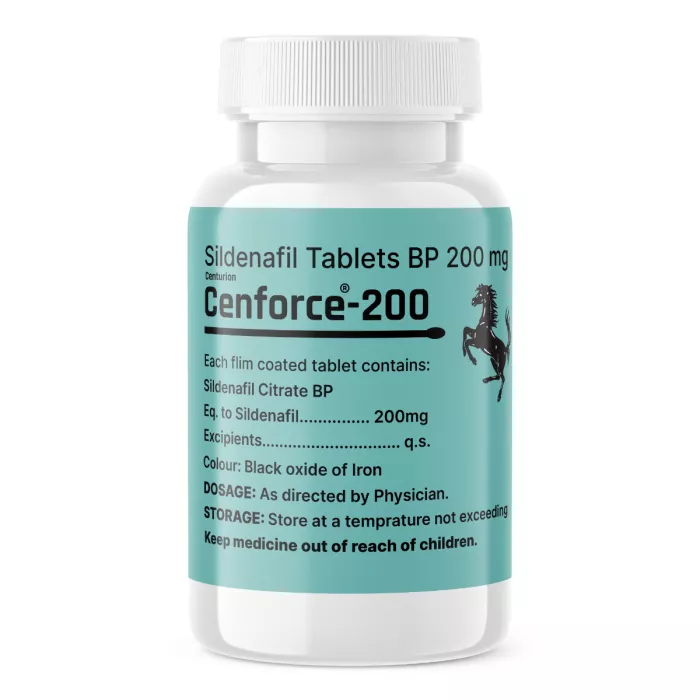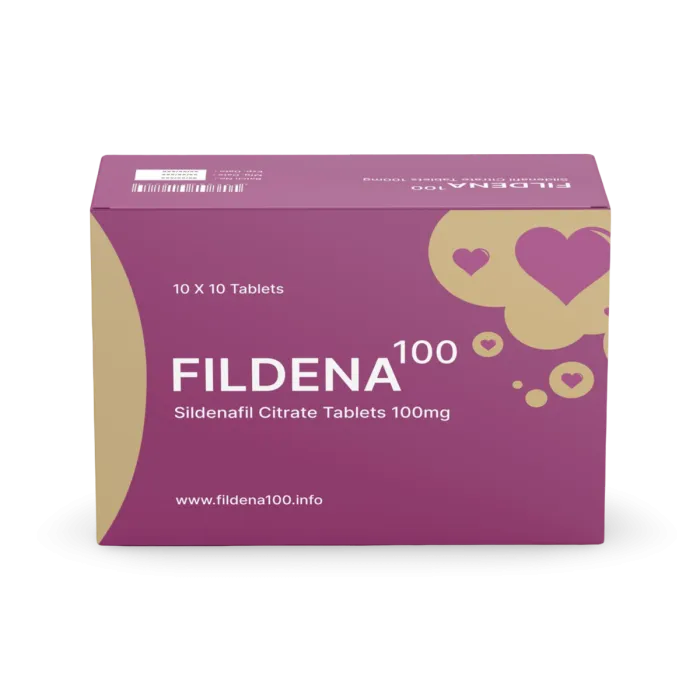Many men often feel anxious about changes, particularly when it comes to their intimate health. These worries can grow stronger when something feels off in the bedroom. They might start wondering if their hormones are to blame. These concerns frequently lead them to seek clear answers about what might be causing their symptoms. One common question that pops up is, Can low Testosterone cause ED? It’s a valid concern; yes, it can play a role.
Understanding this connection can bring a lot of relief. You see, Low Testosterone is often treatable, and its link to Erectile Dysfunction(ED) isn’t always straightforward. This means there’s a lot of hope for improvement.
This article explains how Testosterone helps with erections, whether Low Testosterone can be responsible for Erectile Dysfunction, how to diagnose it, and what treatments can help. Keep reading to learn how low Testosterone and ED connect, understand the causes, and what steps you can take to feel better.
Testosterone’s role in erections
Testosterone affects erections in two main ways:
- Brain signals: Testosterone helps the brain release chemicals that start the erection process. These chemicals include Dopamine and Nitric Oxide, which tell blood vessels in the penis to open up.
- Blood flow: Testosterone influences the nerves and blood vessels in the penis that control blood flow. Good blood flow is necessary for a strong erection.
So, Testosterone supports both the desire for sex and the physical ability to have an erection. However, it is not the only factor involved.
Save up to 90% on your medicine bills

Cenforce 200 mg

Kamagra Oral Jelly Rx 100 mg

Fildena 100 mg

Vidalista 60 mg
Can Low Testosterone levels cause ED?
Yes, Low Testosterone (low T) can cause Erectile Dysfunction (ED), but it often acts as one factor among many rather than the sole cause. Low T influences several physiological pathways that are crucial for achieving and maintaining an erection.
Low Testosterone impairs Nitric Oxide production
Testosterone helps produce Nitric Oxide (NO) in the cells that line blood vessels. NO is essential for:
- Relaxing penile blood vessels
- Increasing blood flow to the erectile tissue
- Initiating the erection process
When Testosterone levels drop, the body produces less Nitric Oxide, which reduces blood vessel dilation and impairs blood flow. This directly affects the ability to achieve an erection.
Impact on the Central Nervous System and Dopamine release
Low Testosterone also affects the Central Nervous System (CNS), particularly in areas responsible for sexual arousal and motivation. Testosterone helps the body release dopamine, which is a chemical messenger in the brain. Dopamine is important because it affects how we feel happy and motivated. This:
- Enhances sexual desire
- Helps the body send signals that cause erections
A Testosterone deficiency can reduce Dopamine levels, diminishing sexual drive and disrupting the brain’s ability to send proper signals to the penis.
Effects on penile tissue health
Testosterone helps keep the penis healthy by making sure the tissue stays strong and intact by:
- Supporting smooth muscle function
- Preventing Fibrosis (scar tissue formation)
- Promoting healthy nerve function within the penis
Low Testosterone can lead to deterioration of these tissues, reducing the penis’s ability to respond to sexual stimulation effectively.
Low T often amplifies other health conditions
Low Testosterone can lower your sexual drive and make spontaneous erections less frequent. But by itself, Low Testosterone rarely causes ED. Many men with low T still get normal erections.
Often, Low Testosterone and ED happen together with other health issues. These include:
- Diabetes, Obesity, and heart disease, which damage blood vessels and reduce blood flow
- High Blood Pressure, which narrows arteries and limits circulation
- Depression or Anxiety, which affect desire and performance
Low Testosterone may not directly cause ED, but it can worsen the impact of these conditions by weakening sexual desire and interrupting the signals needed for an erection.
ED and Low T often happen together
Even if Low T isn’t the leading cause of ED, it’s commonly present. Research shows that 20% to 40% of men with ED also have Low Testosterone, suggesting a strong connection. That’s roughly 1 in 3 men, proof that Testosterone matters.
In these men, treating low T can often improve sexual desire and enhance response to ED treatments. However, Testosterone therapy alone may not fully restore erections if other health conditions are also in play.
How do you know if Low Testosterone is causing your ED?
If you are experiencing ED and suspect Low Testosterone, see a healthcare professional for a diagnosis. They will:
- Ask about your symptoms and medical history.
- Perform a physical exam.
- Advice to do blood tests to measure your Testosterone levels, usually in the morning when they are highest.
- Check for other health matters like Diabetes or heart disease.
Because ED can have many causes, a thorough evaluation helps find the proper treatment.
Treatment options for Low Testosterone and ED
If Low Testosterone is part of your ED problem, treatment may help. Options include:
- Lifestyle changes: Losing weight, exercising, quitting smoking, and managing stress can improve both Testosterone levels and ED.
- Testosterone therapy: This treatment can raise Testosterone levels and improve sexual drive. It may help with ED if Low T is a significant factor. However, Testosterone therapy does not always fix ED caused by blood flow problems.
- Medications for ED: Medications like Sildenafil (Viagra) or Tadalafil (Cialis) improve penile blood flow. They can be effective even if Testosterone is low.
- Mental health support: Counseling or therapy can address Depression, Anxiety, and relationship issues that affect ED.
Always consult your doctor before starting any of these treatments. They can help you find the safest and most effective approach based on your health.

Conclusion
Testosterone plays a key role in both the brain and body when it comes to achieving and maintaining an erection. It helps your brain release Dopamine and Nitric Oxide, which are vital for sexual arousal and blood flow. It also keeps penile tissue healthy and responsive.
So, can Low Testosterone cause ED? Yes, but it’s usually one part of a bigger picture. Low T often worsens other health problems like Diabetes, heart disease, and Depression, all of which can contribute to ED.
Around 1 in 3 men with ED also have Low T, and many benefit from targeted treatment. Diagnosing the root cause is essential, and a mix of lifestyle changes, hormone therapy, and ED medications may help. Talk to your doctor before trying any treatment.
Frequently Asked Questions
What causes Low Testosterone in young males?
Low Testosterone in young males can happen for many reasons. It may be caused by problems in the testicles or brain, injuries, infections, or certain medicines. Stress, poor diet, and sleep deprivation can also lower Testosterone levels. If you feel tired or weak, talk to a doctor for help.
Does age-related Testosterone decline always lead to ED for me?
No, age-related Testosterone decline does not always lead to Erectile Dysfunction. Many people experience a drop in Testosterone as they get older, but it does not always cause problems. Other factors like health, stress, and lifestyle also affect this condition.
Are there risks in using Testosterone therapy to treat my ED?
Yes, there are risks in using Testosterone therapy to treat your ED. Some people may feel side effects like mood changes, acne, or sleep problems. It can also affect your heart or cause blood clots. Always talk to your doctor before starting this treatment to stay safe.
Which is the best Testosterone booster for Erectile Dysfunction?
No, there is no single best Testosterone booster for Erectile Dysfunction that works for everyone. You should talk to a healthcare professional to find the right treatment for you. They can suggest safe and effective options based on your health and needs.
Does Testosterone make you harder?
Yes, Testosterone helps you get harder by boosting your sexual drive and supporting the signals that cause an erection. However, it is not the only factor. Good blood flow and healthy nerves are also crucial for strong erections.
Does Testosterone make you last longer in bed?
No, Testosterone does not directly make you last longer in bed. It helps increase your sexual drive and supports erections, but lasting longer depends more on factors like blood flow, nerves, and mental focus. If you have concerns, talk to a doctor for advice.
Cheap Medicine Shop only refers to credible, authoritative sources for our content. If you’re curious about how we ensure the integrity of our content, we encourage you to read our Content Information Policy.














